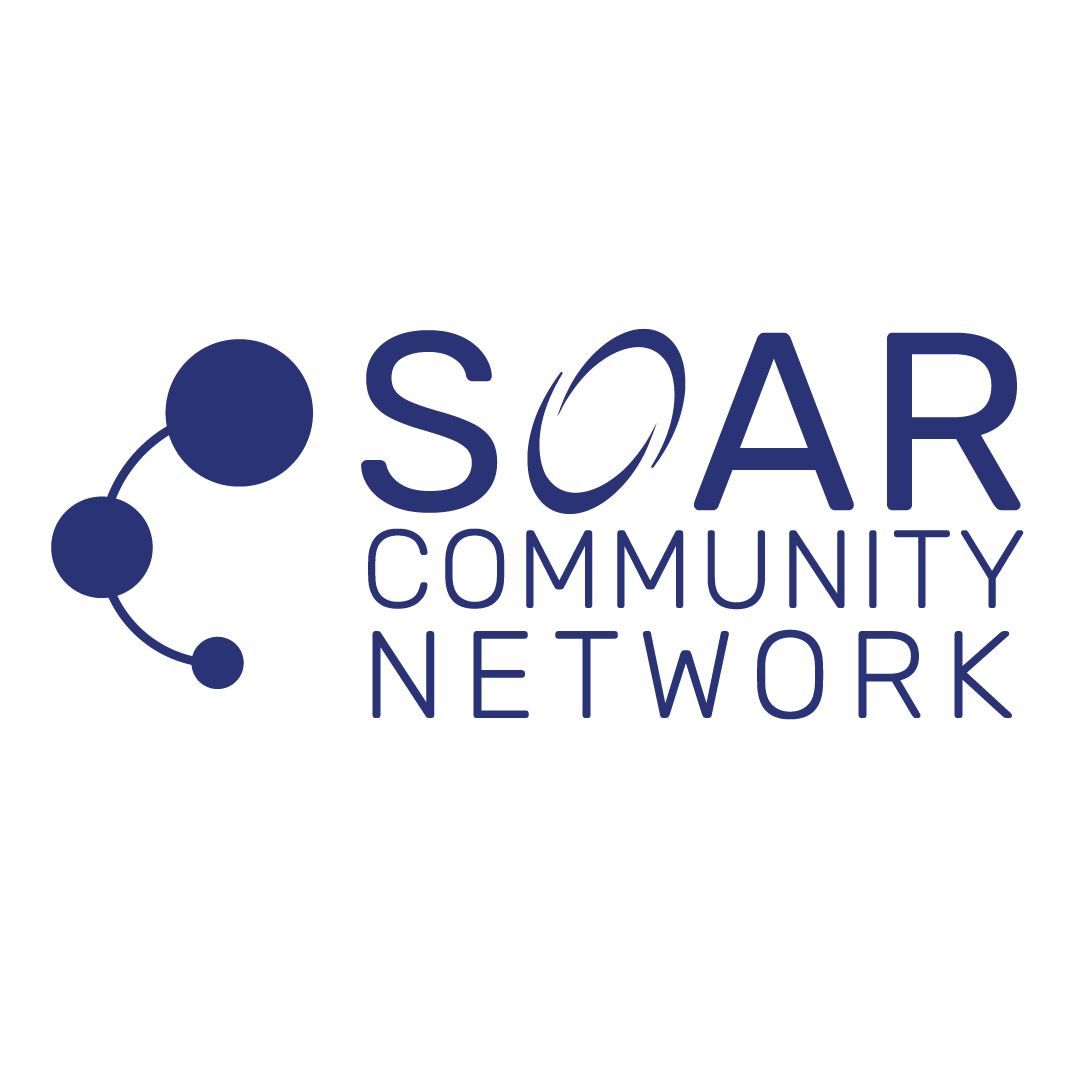Introduction
In an era marked by rapid change and complexity, the call for sustainable, healthy, and innovative leadership in organizations has never been louder. The SOAR Community Network (SOAR) stands at the forefront of this transformation, with its unique C3 framework that underscores the principles of Compassion, Cohesion, and Collaboration. This article delves into SOAR’s distinctive approach to nurturing leaders, teams, and cultures that are not just effective but also aligned with deeper values and purposes.
The Essence of the C3 Framework
At the heart of SOAR’s philosophy lies the C3 Framework, which consists of three pivotal components:
-
Compassion: Understanding and addressing the emotional and professional needs of team members.
-
Cohesion: Building a sense of unity and belonging within teams and across the organization.
-
Collaboration: Encouraging teamwork and cooperative efforts to achieve common goals.
Building Sustainable Leaders
SOAR’s approach to leadership development emphasizes sustainability. Sustainable leaders are those who balance organizational objectives with social and environmental responsibility. According to Harvard Business Review, such leaders are critical in navigating the complexities of the modern business landscape. SOAR’s leadership programs focus on nurturing emotional intelligence, ethical decision-making, and a vision-oriented approach.
Fostering Healthy Teams
Healthy teams are the lifeblood of any successful organization. SOAR’s focus on team health revolves around creating environments where trust, open communication, and mutual respect thrive. A study by Google’s Project Aristotle revealed that psychological safety is a key factor in team effectiveness. SOAR’s team development initiatives aim to create a psychologically safe and supportive space for all team members.
Cultivating Innovative Organizational Cultures
Innovation is not just about new ideas but also about a culture that supports and nurtures these ideas. SOAR’s approach to culture development is grounded in creating an atmosphere where innovation is encouraged and rewarded. A report by McKinsey & Company highlights the link between a healthy organizational culture and increased innovation, productivity, and employee satisfaction.
Implementing the C3 Roadmap
The C3 Roadmap is a comprehensive guide developed by SOAR for implementing the C3 framework within organizations. It includes the following steps:
-
Map Why: Understanding the organization’s core purpose and values.
-
Diagnose Engagement and Experience: Assessing the current state of employee engagement and experience.
-
Set Strategic Objectives: Aligning the organization’s goals with the C3 framework.
-
Align Employees: Ensuring that all team members understand and are committed to the organization’s vision and values.
-
Operationalize and Sustain: Continuously nurturing and reinforcing the C3 culture.
The Role of Executive Teams
Executive teams play a crucial role in implementing the C3 framework. Their commitment to these principles sets the tone for the rest of the organization. As per a study by Deloitte, leadership commitment to culture and values significantly impacts employee engagement and organizational performance.
Challenges and Solutions
Implementing the C3 framework is not without its challenges. Resistance to change, ingrained organizational habits, and diverse employee expectations can pose hurdles. Overcoming these challenges requires a committed leadership, a clear communication strategy, and a willingness to adapt and learn.
Conclusion
The SOAR Community Network’s unique approach to building leaders, teams, and cultures is a beacon for organizations striving to thrive in today’s dynamic world. By embracing the C3 framework, organizations can create environments where compassion, cohesion, and collaboration are not just ideals but lived realities.
References
-
Harvard Business Review, “The Leader’s Guide to Corporate Culture”
-
Google’s Project Aristotle
-
McKinsey & Company, “Organizational Culture: The Key to Effective Leadership and Organizational Development”
-
Deloitte, “Global Human Capital Trends”

